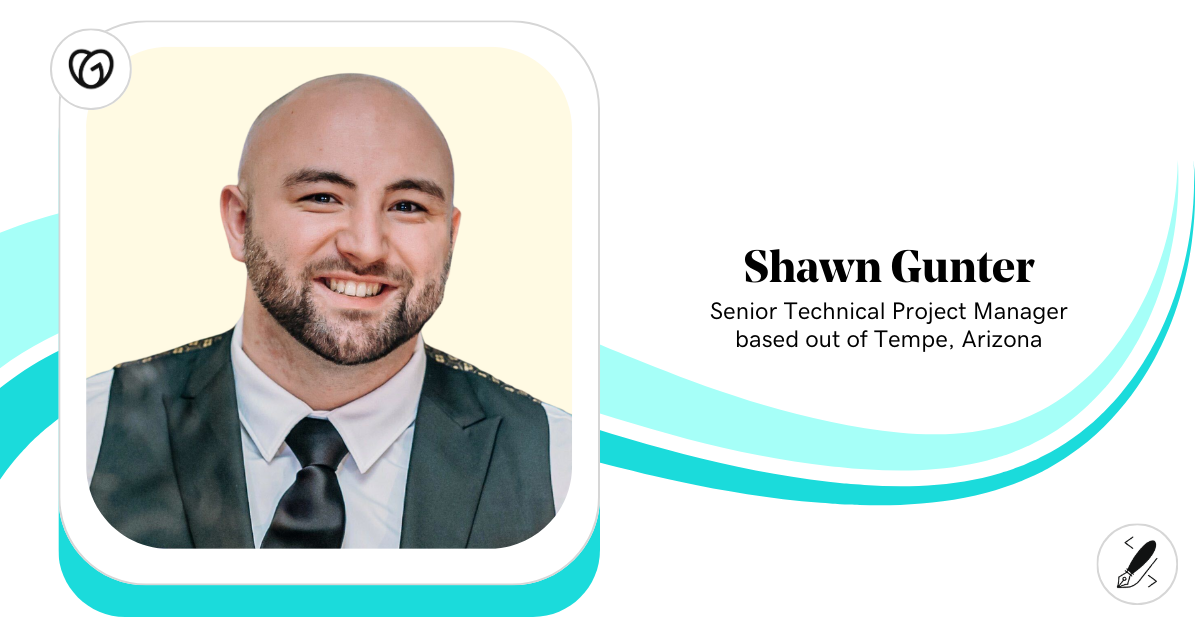The dream of every business is to secure a steady stream of referrals, to create a referral engine, a kind of perpetual motion machine of clients that continuously replenishes itself and never stops. It makes sense — referrals are great leads. They’re more qualified, less cost averse and, most importantly, more willing to send even more business your way once they become a customer.
Now, before we go any further, let’s cover our bases. In order to have a shot at establishing a referral engine, you’ve got to be great at the fundamentals. Simply put, you need to provide a great product, service, or experience. Nobody talks about a boring business, so you’ve got to focus on providing an experience that’s worth sharing.
However, what most people don’t get is that simply doing a great job isn’t enough to make sure you consistently receive referrals.
You need to attack it from pretty much every possible angle and ensure that you keep it front and center, with a variety of touchpoints built-in along the customer referral journey. It should be a priority for your staff, and in the minds of your customers and partners.
Now that we’re clear on what it takes, here are some things to consider in setting up your own referral engine.
Look at what’s worked and build a referral engine strategy
If you’re looking for ways to generate more referrals, chances are you’ve had a few in the past that whet your appetite. The first step is to figure out who referred you, and why.
- What do your referrers have in common?
- Did they have the same type of problem?
- Do they have a similar background?
Look at everything you can to figure what it is, because it’s the key to identifying more people like them.
While it’s fun to approach solving this like a mystery, you should also keep in mind that you can always ask them yourself. It might be helpful to incentivize them somehow — send them a “referral reward” gift card that’s redeemable if they answer a few questions, for example.
These people are your champions, and you want to know what to look for to find more of them.
At the same time, you should also find out what other companies they also like and refer. You can turn these into a list of strategic partners, who you can team up with to extend your reach.

Teach them how to refer you
If you want referral generation to happen, you need to teach it. Even someone who’s really enthusiastic about you and wants to help you out is going to need some coaching.
Here’s the thing: even if someone’s referred to you, they still need to be the right fit.
If someone goes out of their way to send someone to you, you want to make sure that it’s worth their time (and yours).
Know your ideal client.
You should, at the drop of a hat, be able to monologue at length about your ideal client. It’s not only helpful for referrals, it’s also helpful for keeping your business on track. Here’s a hint: something in that description should have to do with what you’ve identified that makes someone your champion.
Package your unique benefit.
Beyond that, you need to tell them what to say, and when to say it. Take your unique benefit and package it into a small soundbite that’s easy to remember — “we do floors the right way” or “old school craftsmanship.” Yes, there’s some pressure on you to come up with something catchy and memorable, but this is another instance when the best thing to do is probably just ask your champions what they think.
Be transparent.
Finally, make sure that you’re transparent about what your marketing process is like when someone makes a referral. “First we send them an email with more information, and then, if they’re interested, we schedule a visit for an in-person demo.” Find a way to communicate that your marketing process is special, professional, and non-threatening, and they’ll reward you.
Get creative about incentivizing referrals
There are many different approaches to amassing referrals, and you want to use several if you’re trying to build a self-sustaining referral engine. The most obvious are direct referrals, where you simply offer a reward if someone recommends you. While a gift card is nice, something more connected to your business is even better: “If you refer someone who buys a bike, we’ll give you a free tune-up.”
Implied referrals require a bit more finesse. Instead of overtly asking for a referral, you do things to imply you are doing great work for someone. If we’re still in the bike shop, then maybe it’s giving everyone who gets a tune-up a sticker that they can then put on their bike or helmet; or maybe you replace everyone’s valve caps with bright orange ones when they get serviced at your shop. Basically, it’s finding a way to prompt people to ask about you.
Tangible referrals are things that have real value that you put in the hands of referrers. The great thing about this type of incentive is that it makes being a champion feel like being part of a special club, with perks they then get to share with referrals. In this category are things like “bring a friend for free,” “take a friend out to dinner on us,” or “give this free product to your friend.”
Finally, you can likewise identify community partners that might make for a good source of referrals. Something like: “This month, we’re donating 10% of each sale to Charity X” will make your customers feel good, and also encourage Charity X to send people your way. Make sure the organization you partner with is a good fit for your brand.
Nail the follow-up
Once someone hands you a referral, make sure you know what to do with it. Here’s a hint: it should probably be a different process than what you do with a typical lead.
Make sure they feel special, because they are.
Finally, if someone sends a referral your way, make sure you follow-up with them, too. A little appreciation goes a long way, and even something as simple as a card or a cup of coffee on you can mean a lot over the long run.
At the end of the day, people make referrals because they genuinely believe you can help someone. If you’ve done what you need to do to get someone to recommend you, make sure that you follow through on that good fortune by providing a great experience.







